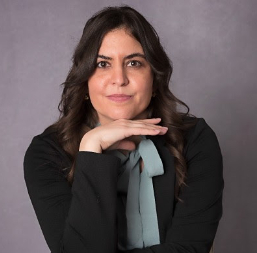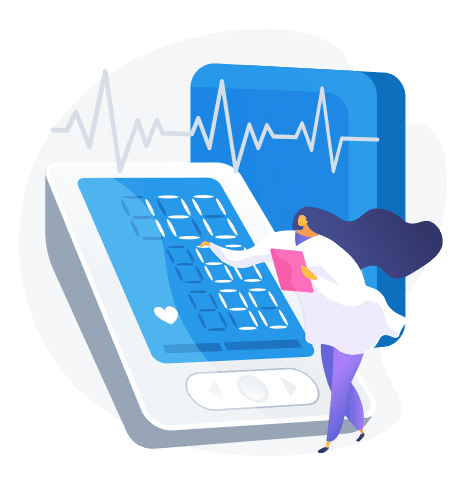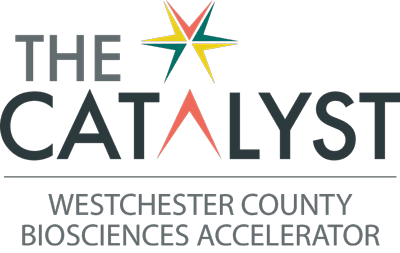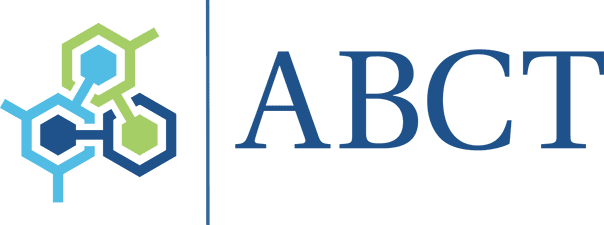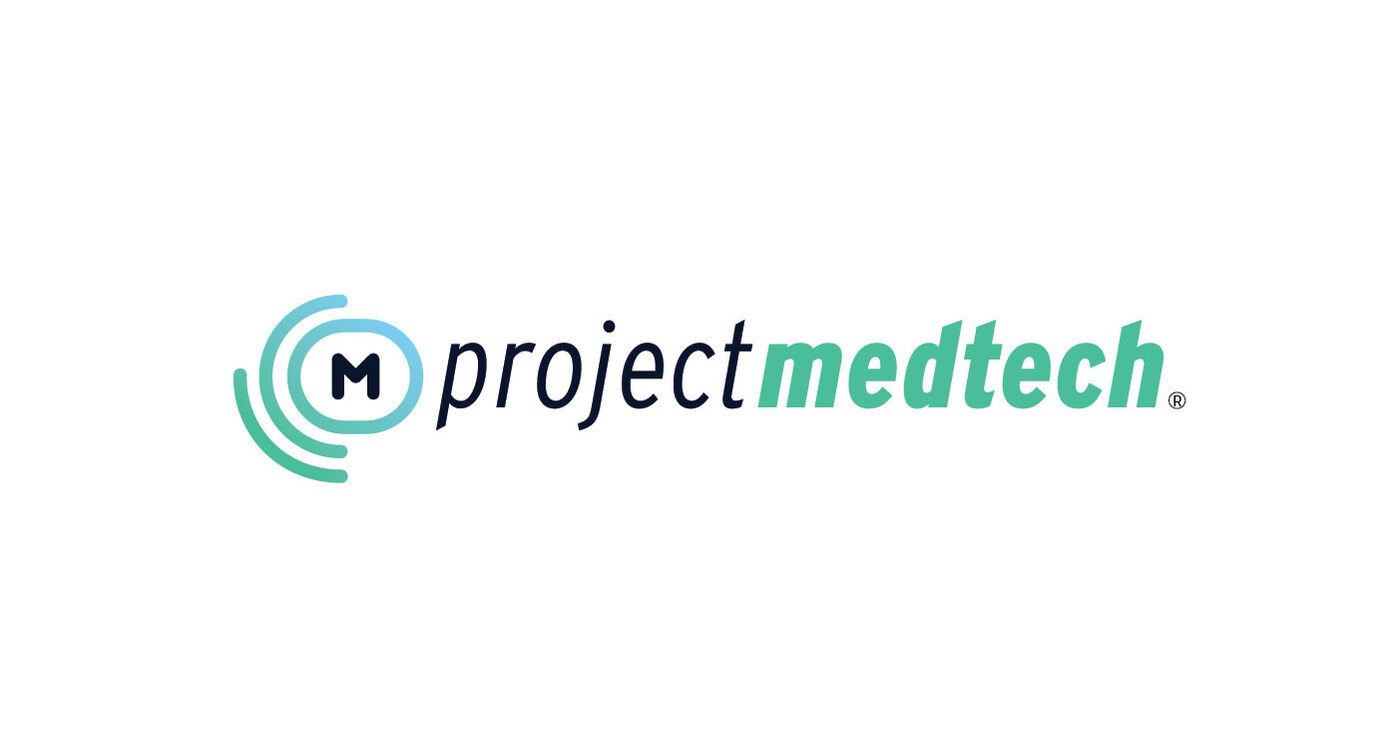If you’re looking for a medical device partner, one of the first questions you may have is how much you can expect to pay. How much does medical device regulatory consulting cost? What’s a smart budget to set for yourself and your business? Although there’s no one-size-fits-all rule, there are a few smart parameters that can help you navigate the consulting part of the medical device development process.
What Medical Device Partners Charge in 2020
It’s no secret that medical device development costs money, so if you’re going to do it, you need to do it right! If there’s something you can’t afford to do, it’s to go into your medical device development journey with the impression that you can do it all yourself. The truth is, there are experts who know much more than you do, and it’s wise to invest in the consultation of a skilled medical device partner who’s been in the game long enough to help you get things right from the start.
Today, the going rate for medical device regulatory consulting ranges between $150 and $500 an hour. This number may vary depending on the size, experience, and focus of the consultant, but you can generally expect their services to cost that much.
If you’re looking for a medical device partner, remember that cost isn’t everything. That said, it’s a significant consideration because it plays such a big part in the success of your medical device.
No pressure, right?
But as you probably know, you get what you pay for, and that’s true in the medical device industry, too. You want to make sure you’re working with a firm that understands the ins and outs of medical device startups and scale-ups, and it can be hard to come by that kind of expertise for a meager sum of money. Even if you are a small, cost-conscious company, you have to consider how a quality consulting partnership will ultimately provide a positive ROI for you and your team.
What Factors Impact the Cost of Your Medical Device Partner?
Specialization is one factor that will influence how much you spend on consultancy work. Today, the average minimum cost of a consultant who specializes in medical device regulatory concerns about $18,000, assuming a minimum retainer and an hourly rate. Again, though, fees vary depending on a selection of factors, including the following:
- The type of consultancy. These days, it’s possible to find consulting companies that specialize in a variety of areas. Depending on your needs, you can find a consultant that will help you develop a regulatory strategy or prepare for meetings with the FDA. Just be aware that the type of consultancy you choose to work with may impact how much you pay — but the initial price tag is often well-worth the eventual outcome.
- The location of the consultancy. Big cities mean big costs, so you can expect to pay more for big-city consultancies than you would for teams in smaller, more rural areas. If you’re in a remote area with no options for local consultancies, bringing in a consultancy from a more densely populated city will cost you. Keep in mind, though, that consultants from big cities likely have more experience and a better understanding to go along with the price, so the cost is well-justified in most cases.
- Additional fees. You can’t put a price on the success that arises from working with experts who can help you succeed in your medical device development endeavor. So when you do pick your consultant, consider associated costs of doing business. Depending on the team you work with, you may encounter additional charges for things like software, travel, onboarding, and discovery.
In addition to the factors listed above, other things like experience, length of engagement, and the goals of the consultancy partnership will impact how much you pay. You’ll know pretty early on how beneficial your medical device partner will be to your medical device success, and choosing the right consultant can play a big part in that.
Getting a Positive ROI from Your Medical Device Partner
Regardless of how much you plan to pay for a medical device partner, you need to make sure that you’re confident about the return on investment you’ll earn. After all, the purpose of a medical device partner is to help you meet your goals and streamline your product process. If you’re looking for a skilled team to help you with your medical device, we’re here for you. We’ll help you progress from the idea stage all the way to testing and manufacturing. To get started, schedule your free consultation!

